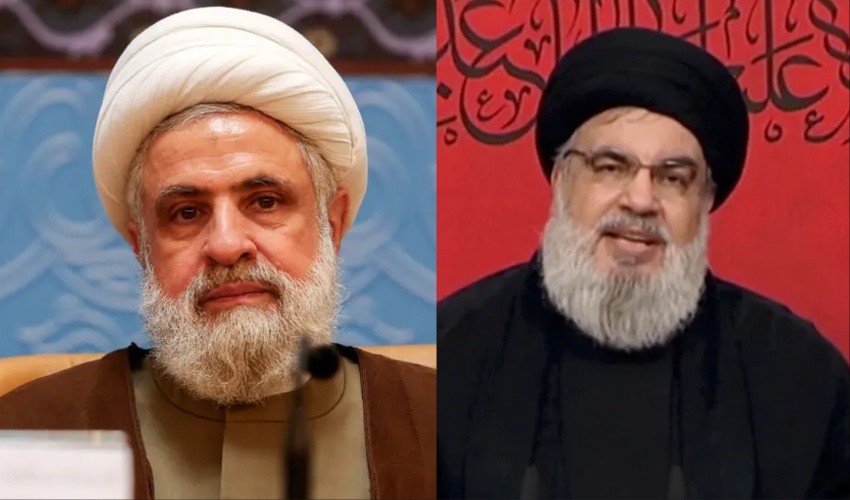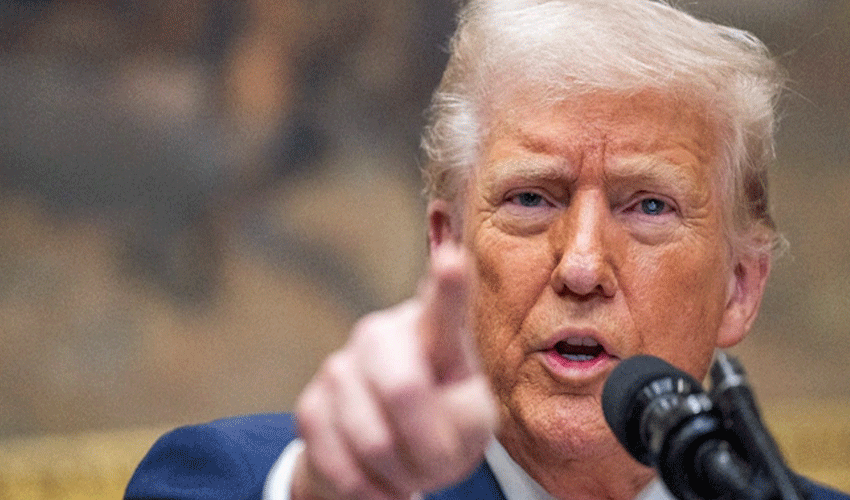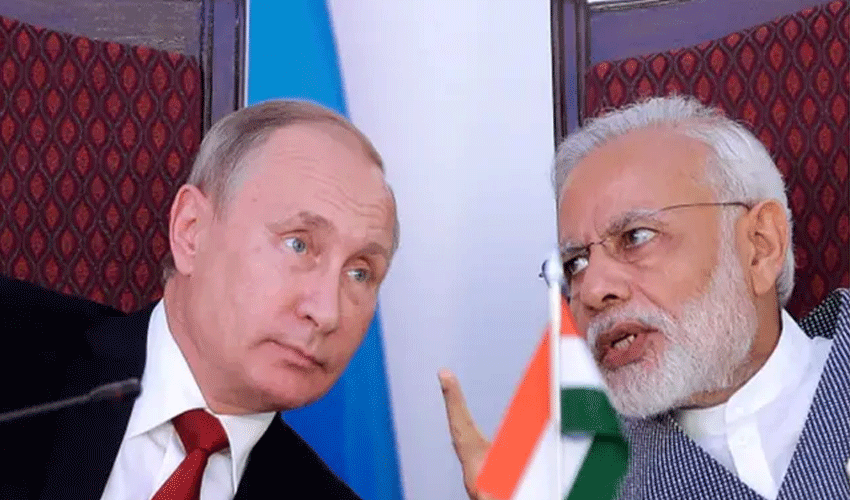Naim Qassem was appointed on Saturday as the interim leader of Hezbollah following the martyrdom of long-time chief Syed Hassan Nasrallah.
The development comes after an Israeli airstrike on Hezbollah’s headquarters in Beirut, which led to Nasrallah's death. Hezbollah officially confirmed Nasrallah’s martyrdom after initial reports suggested contact with the leader had been lost.
Naim Qassem , one of the founding members and ideological architects of Hezbollah, will now lead the organisation until a new permanent leader is elected. A veteran of the group, Qasim has served as Hezbollah’s Deputy Secretary-General since 1991 and is considered a key figure in the party’s political and military activities.
Early life and rise within Hezbollah
Born in the southern Lebanese border town of Kafr Qila, Qasim’s political career began in the 1970s as a member of Imam Musa al-Sadr’s Amal Party. His close association with Imam Sadr is believed to have influenced his early political development. Qasim holds a Bachelor of Science degree in Chemistry from the Lebanese University, and he received religious training under Ayatollah Muhammad Hussain Fadlullah.

Qasim was a part of a network of radical scholars, including Abbas al-Musawi and Hassan Nasrallah, who were instrumental in founding Hezbollah in the early 1980s. His work within the organization, particularly in its political wing, solidified his role as a senior figure. He has been a member of Hezbollah's Shura Council, the group’s top decision-making body, where he played a crucial role in the organization’s parliamentary and governmental strategies.
Leadership amid crisis
With Nasrallah’s martyrdom, Hezbollah faces a critical juncture, and Qasim’s appointment as interim leader is seen as a stabilizing move. His experience in Hezbollah’s Shura Committee, where he has served three consecutive terms, positions him as a capable leader during this challenging time. Despite being an interim appointment, Qasim’s leadership will be pivotal as Hezbollah prepares to elect a permanent successor.
While Qasim leads Hezbollah in the interim, discussions have already begun about who will take over as the next permanent leader. Among the names being circulated, Hashim Safiuddin, Nasrallah’s cousin and son-in-law, is seen as the most likely candidate. Safiuddin, who also holds a high-ranking position in Hezbollah, is expected to play a central role in the group’s future direction.
A new phase for Hezbollah
The martyrdom of Hassan Nasrallah marks the end of an era for Hezbollah. Nasrallah, who led the group for nearly three decades, became a symbol of resistance against Israel and played a vital role in shaping Hezbollah’s military and political strategies. Under his leadership, Hezbollah became a major political force in Lebanon and maintained a powerful militia.
Nasrallah’s death is a significant loss for Hezbollah, but the group has vowed to continue its resistance against Israel. Iranian Supreme Leader Ayatollah Khamenei has reportedly relocated to an undisclosed safe location and called an emergency meeting of Iran’s National Security Council in response to the developments.
As Hezbollah moves forward, Qassem’s role as interim leader will be closely watched, particularly as the organization navigates this critical transition period. All eyes are now on Hezbollah’s Shura Council as they prepare to elect a new permanent leader, with Safiuddin emerging as a strong candidate.
In the meantime, Qassem's leadership is expected to provide stability to the group, ensuring that Hezbollah remains united and continues its operations against Israel. However, the long-term direction of the organization will largely depend on the new leadership and how they address the challenges ahead.
For now, Naim Qassem stands at the helm of Hezbollah, guiding the organization through one of the most difficult periods in its history.



























